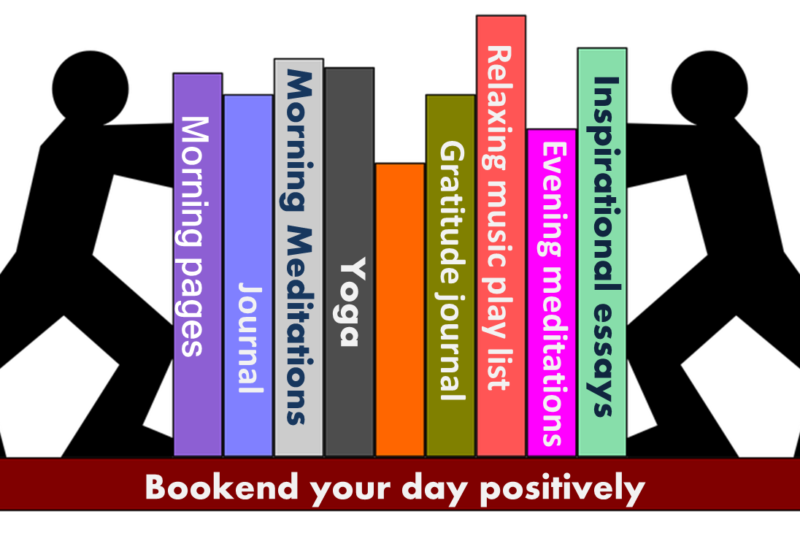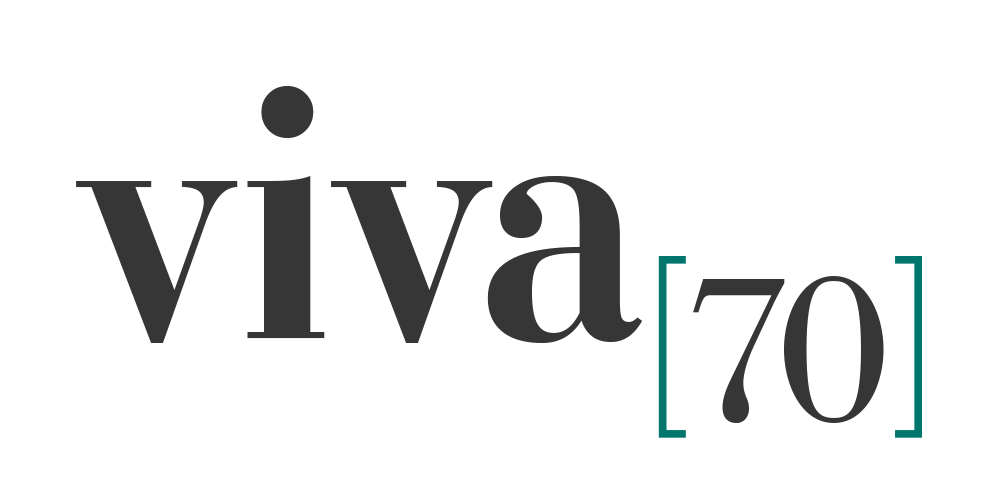
How are you doing everyone? As the weeks roll by in our new Corona virus reality this is starting to feel like the new normal. We practice social distancing, check the numbers daily, wash our hands and stay alert to what’s happening around us. When the sun shines the world feels like a healing place. When we overload on the news and social media, the dark clouds roll in. This is another lovely article from Julia Richards about self care at this time. Big Thanks to you Julia for providing us with such practical, informed advice and the wealth of resources and tools that you signpost for us.
As a Medical herbalist my training focused on how the body works and herbs to heal and enhance an individual’s health. Though, herbalism is much more than a physical medicine. Herbalists treat the whole person and this involves your mental, emotional and spiritual health too. This is where my qualifications in interpersonal skills come into play with my patients. In the current Corona virus pandemic and global lockdown many of you will be facing challenges as you either have to live alone or in close confines with others! You may be experiencing loneliness, anxiousness, depression, frustration, anger or restlessness to name a few emotions. There a numerous practical things you can do to ease or eliminate these. It’s all about bookending your day positively, that is, starting and ending your day with positive thoughts. Keep in mind, your thoughts should not be worse than the crisis. You need to cultivate thinking your best thoughts. If you read about people who are or have been successful in their chosen field most describe a positive morning and evening routine. It is one of the keys to a happy, healthy life. Here are some practices you might like to start:
Start of the Day Practices
How you start your day is how you live your day. Always ask yourself “What is the best or highest thought I can think today?” To kick start this, there are few things you can do before listening to the news, looking at social media or even talking to others. Try one or more.
Whilst still in bed:
Breathe deeply – this will help wake and energise you. Other benefits include stress reduction, calmness, enhanced immune function, regulation of blood pressure and better digestion.
- Place your hands on your stomach, just below your ribcage, with your middle fingers just touching.
- Breathe in deeply through your nose so your middle fingers are just pushed out slightly by your stomach. Your chest should remain still.
- Breathe out through your mouth with a sigh to push out the air from your stomach. Your middle fingers should come back together.
- Repeat a minimum of three times.
Complete a guided meditation – this will release feel good endorphins from your brain. Some of my favourite morning meditations are from the Chopra Centre Meditation. Previously, I’ve also recommended Headspace and Calm.
Write Morning Pages – a practice created by Julia Cameron which involves three pages of longhand writing on whatever pops into your head, done first thing in the morning, every day. They incite, clarify, comfort, prioritize and synchronize the day ahead.
List your morning gratitude’s – think of five things you are grateful for. This practice helps generate positivity. If you can’t think of anything start with “I am alive and breathing.”
Journal – you can do this in any way you wish: write about your previous day, a theme, set an intention for the day or answer some questions you set for yourself. These could include:
- If I had a magic wand what kind of life would I create for myself?
- If I had time, what new things would I start doing?
- What things are going well in my life that I should continue? What’s not going so well that I need to change or stop and how?
- What are my most important priorities at the moment and what do I need to do to ensure I can give them my time and attention?
- How am I feeling at the moment? Do I need to alter any of these to be more positive? How could I do that?
Stretch gently – this releases body tightness and helps set you up for the day. For example:
Full body stretch – inhale and stretch your arms overhead, clasp your fingers together, flip your palms out toward the wall behind your head, and push your palms away from you. At the same time, stretch your toes towards to the end of the bed, keeping your knees straight. Hold this fully stretched position for 5 counts, then exhale and release the stretch. Repeat three to five times.
Out of bed:
Hydrate – first have a glass of room temperature water preferably with half a lemon squeezed into it. This will kick start your cells into activity. You can read more about the importance of hydration in my previous article here.
Gentle exercise – find gentle yoga stretches or Tai Chi exercises online or simply go for a slow paced walk. This can also act as meditative practice.
Have a healthy breakfast – during these times focus on immune enhancing foods including plenty of fresh fruit and vegetables and probiotics like plain good quality yoghurt. For more information on boosting your immunity see my previous article here.
During the Day Practices
As you’ll be starting your day off effectively, keep that positivity going. Keeping socially connected is key for your mental and emotional health during lockdown.
Balance social distancing through other forms of connection
Make social dates – have virtual coffee/lunch/dinner/cocktails via a video call using something like Skype or Zoom. Phone friends and family regularly for a chat. Create group chats to keep in touch. Text or email photos, recipes, exercises, craft ideas to friends and family to share ideas and experiences.
End of Day Practices
Practice a good sleep routine – this involves starting the wind down process a few hours before sleep. See my Sleep article here.
Read or listen to something inspiring – a good place to find something is at https://www.hayhouse.com.au/ and a useful book from this site is Trust Life, Love Yourself Every Day with Wisdom by Louise Hay. It has 365 affirmations and reflections drawn from the inspirational work of Louise Hay. One of my all-time favourite books that I’ve been dipping into for years is
Simple Abundance by Sarah Ban Breathnach. It has 365 one to two page essays on enjoying what you have. It centres on the principles of gratitude, simplicity, order, harmony, beauty, and joy.
Complete your gratitude practice – think of five things that you experienced during the day that you are grateful for. This lets you sleep with positive thoughts.
Complete your journal practice – list the only the good parts of the day and write and / or anything that you have a positive plan for improving. This can help prepare your mind for sleep by finishing your thoughts for the day.
Complete a night time meditation – find one on the sites I suggested for morning meditations.
Listen to relaxing music – it can help slow down your breathing, lower your heart rate and blood pressure, ease muscle tension, quieten your nervous system, trigger the release of sleep hormones and reduce the release of cortisol which prevents sleep.
Determine Your Own am and pm Practices
Which of these practices sounds appealing to you? Make a commitment to try at least one morning and one evening practice for at least seven days and see what you think. If something is not working for you, then try another practice. This is all about working out what helps you create your best day and get restorative sleep so your next day can also be good.
We’d love to hear about your experiences and for you to share other useful practices.
Note: Please seek professional advice if you are in a current mental or emotional crisis. Call your doctor to direct you to the best source of help and support.

